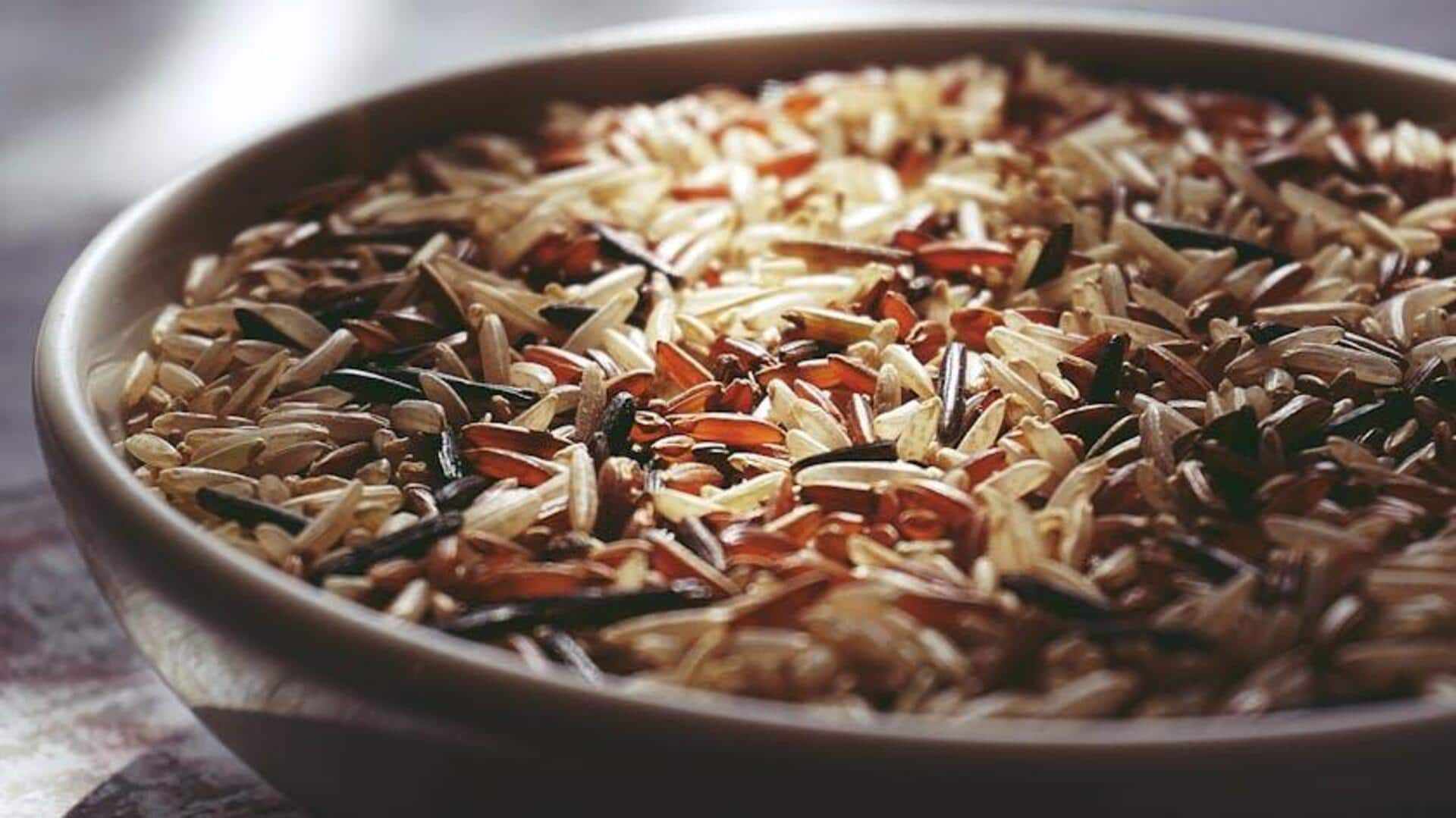
Quinoa v/s bulgur: Which is better for your digestion?
What's the story
Quinoa and bulgur are two popular grains that are often considered for their health benefits, particularly in aiding digestion. Both grains are rich in fiber (which is essential for maintaining a healthy digestive system), but differ in nutritional content and how they are prepared. Here's a look at how quinoa and bulgur differ from each other to help you pick the one that's better for you.
Nutrients
Nutritional content comparison
Quinoa is a complete protein source with all nine essential amino acids, which makes it unique among plant-based foods. It also gives you a good amount of magnesium, iron, and potassium. Bulgur, on the other hand, is high in fiber and contains essential vitamins like B vitamins and minerals like manganese. While both grains pack valuable nutrients, quinoa's protein content may help those looking to up their protein intake.
Fiber
Fiber content analysis
Fiber is essential for digestion as it keeps our bowel movements regular and prevents constipation. Quinoa has about two grams of fiber per 100 grams (cooked). On the other hand, bulgur has about four grams of fiber per 100 grams cooked serving. This higher fiber content makes bulgur a great option for those looking to improve their digestive health with more dietary fiber.
Cooking
Preparation methods impact
The way these grains are prepared can affect their digestibility. Quinoa needs to be rinsed before cooking to remove saponins—a natural coating which can make it bitter if not washed away—while bulgur is usually parboiled in processing, making it quicker to prepare at home with just soaking or minimal cooking needed. The easy prep could influence personal preferences, depending on time constraints, or taste preferences.
Gluten-free
Gluten-free considerations
For people with gluten sensitivities or celiac disease, quinoa is naturally gluten-free and safe to eat without worrying about adverse reactions from gluten consumption. Since bulgur is derived from wheat, it contains gluten and should be avoided by those who require a strict gluten-free diet plan, either due to medical reasons or by choice of not consuming gluten.